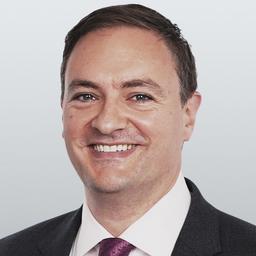At 12 years old, the Army Cadets was “the only gang” attractive enough to keep Lord Bailey of Paddington out of a street gang.
Having grown up in a council house in one of the poorer parts of London, Shaun Bailey has become a youth worker, charity founder, and a Conservative peer.






